Affiliate links on Android Authority may earn us a commission. Learn more.
Galaxy on Fire 3: why it dares to have an ending
Published onApril 27, 2017
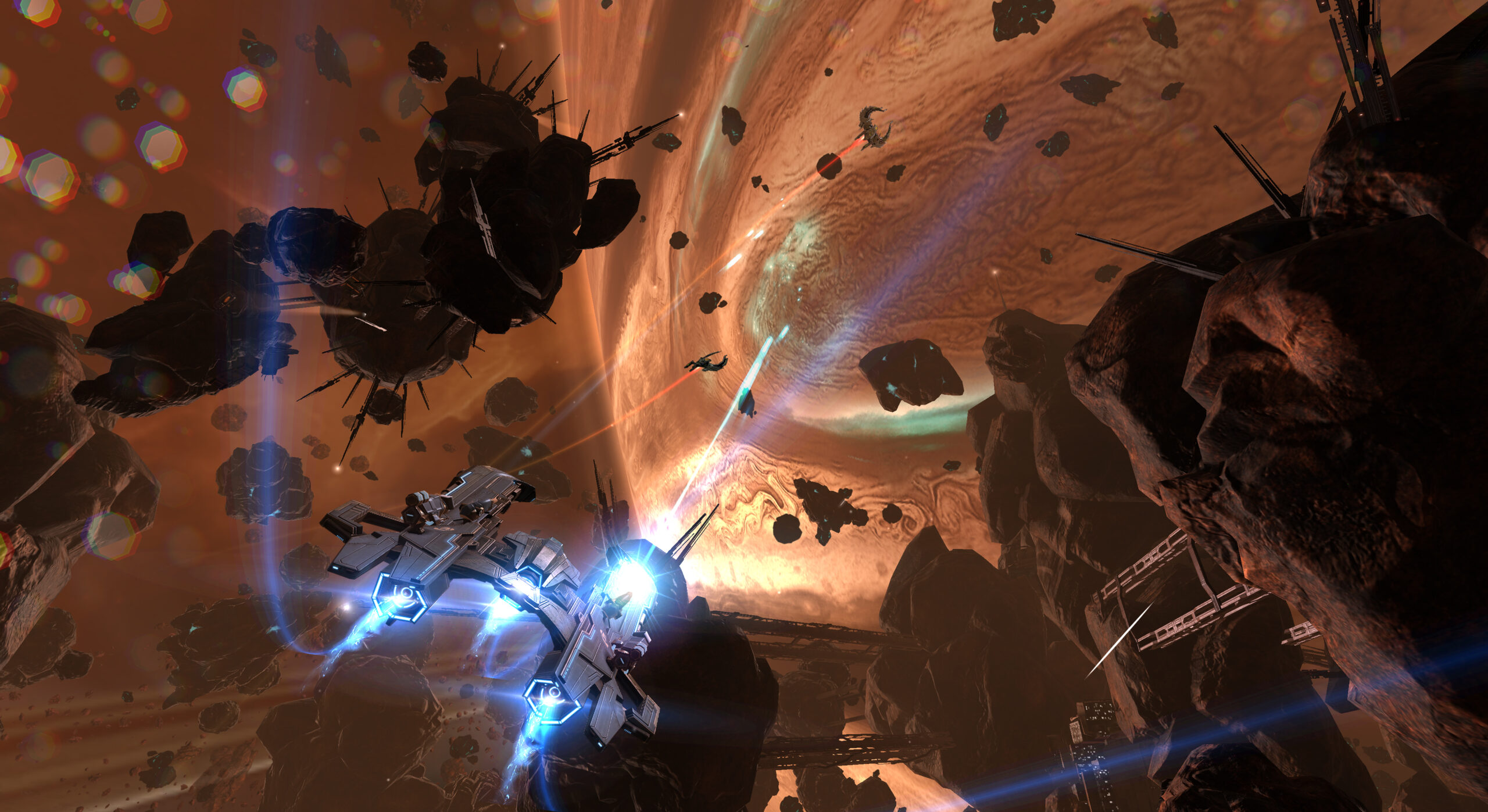
“We are no longer competing for people’s money, we’re competing for people’s attention and time,” said DS FishLabs Studio Head Michael Krach in our recent Skype interview. “People are drowning in entertainment offerings at very little, or flat fees, or no money at all.”
Though I remember a time growing up when I would have loved an alternative to the $60 I paid for the latest console game release, we now have so much access to affordable movies, TV shows, music and other media, that being a “free” game is no longer a big deal.
“I’m not running out of money when I have to decide what to play,” Krach said. “I’ve barely the time to play one-fifth of the stuff I want to play and I could afford to play.”
Krach and his Hamburg-based team are currently preparing for the Android launch of the third game in their Galaxy on Fire series, which hit iOS in December. It’s just another free-to-play title to vie for your attention among the thousands of others, so why should you be interested in it? I spoke to Krach to find out.
Deep space
The Galaxy on Fire series itself predates the smartphone era: it got its start on features phones. The sequel, 2009’s Galaxy on Fire 2, was where the series took off in a bigger way, achieving millions of downloads across Android and iOS and amassing a significant fan following.
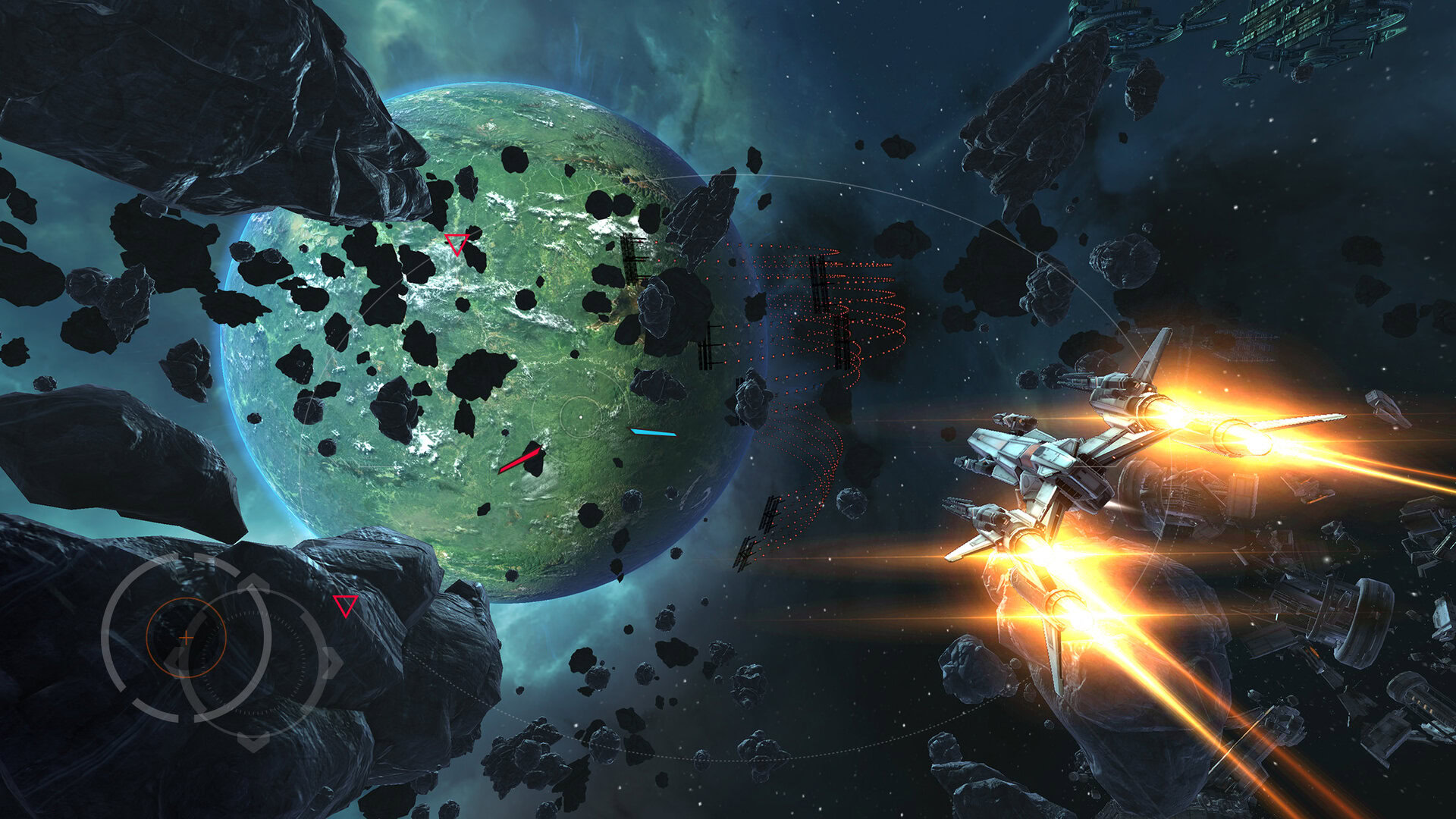
The latest game, Galaxy on Fire 3 – Manticore, will be immediately familiar to those who played its predecessor: it’s a space simulation title, taking players on a narrative-driven adventure featuring a “huge story of betrayal and conspiracies,” during which they’re able to explore the galaxy by piloting different spaceships, kitting them out with weapon upgrades and getting involved in plenty of dogfights.
We want Galaxy on Fire 3 to be a benchmark and shine for the next three years.
Krach sees the title as a hardcore experience, explaining that it’s “skill-based,” “high-end,” and “technologically demanding,” while its story seems like something he is particularly proud of. Ensuring this was easy to deliver was one of the reasons the studio decided it was time to make the third game in the series (“it was very difficult to do meaningful alterations [to GoF2],” he said).
“We wanted to keep it expandable, and flexible, but still wanted to keep a very strong story, because this is what Galaxy on Fire 3 is about,” said Krach.
Krach told me there is more than two hours of fully-voiced narration in GoF3 to help sell the story, but I questioned whether mobile gamers want that kind of involving experience from a mobile game. Based on statistics from app ranking website App Annie, few of the most downloaded or highest grossing free-to-play Android titles place an emphasis on the narrative.
“It’s a risk we took,” he said, “common wisdom was like, basically, you cannot have a story because a story must have an end.”
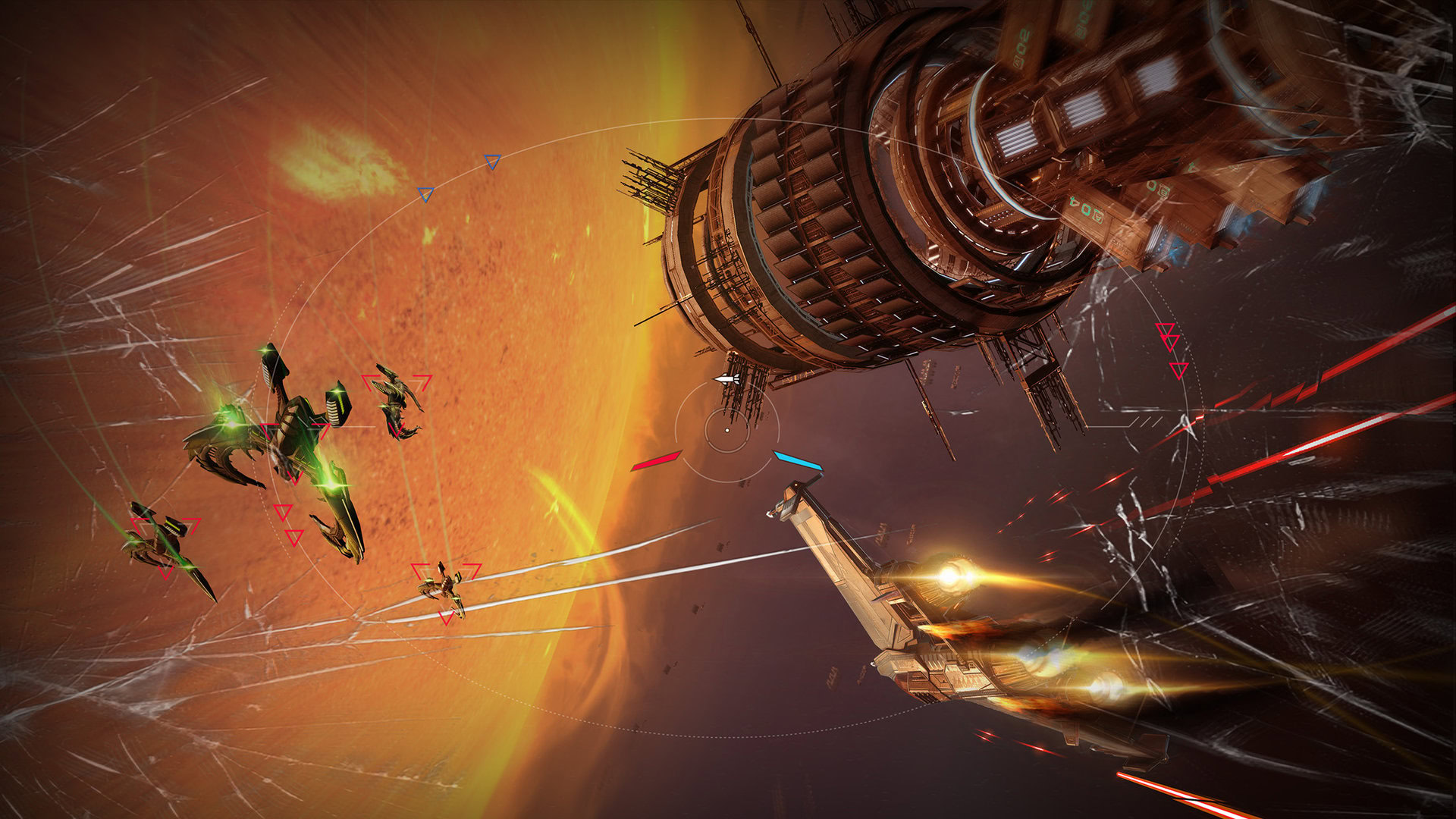
But Krach thought it might be refreshing to give the players ”the chance to finish a game” and saw it as a way for the company to stand out, if they dared to make a game with a conclusion. He said the team thought about whether they themselves, as gamers, would like a mobile title with a story and a proper end boss, and decided “hell yeah.”
The story itself is broken down into three acts, two of which are out already on iOS, with the third in the works. After that, Krach said that DS FishLabs would look at introducing competitions, time-limited events, races, or bounty hunts, for example, so players could continue to enjoy the game even with the three acts of the main story tied up.
Just look at the controversy surrounding Super Mario Run: people went ballistic about it.
Krach told me there was no shortage of ideas for what could be introduced later — he even hinted at the potential for “new story arcs and narratives” — and that the team just have to pick the right ideas first because they can’t all be done at once.
Aside from structural changes, DS FishLabs also wanted to take advantage of recent advances in mobile graphics for GoF3, specifically with regards to the Vulkan API. This is why, as you might have noticed, the game looks fantastic.
I asked Krach if he thought that it was a risk to make it so demanding in terms of technology — especially when many app devs are trying to optimize for developing nations and less hardcore mobile gamers — but he said he didn’t worry about this.
“We want the title to be a benchmark and shine for the next three years, [so] you need to aim high, without aiming too high.” Right now, DS FishLabs recommends you have a device with at least a Snapdragon 810 or equivalent chipset, Adreno 430 or Mali-T760MP8 GPU, and 3 GB of RAM to run GoF3, as well as Android 6.0 Marshmallow. The notes in the Play Store indicate that the devs are also trying to optimize it for less powerful devices.
Navigating the free-to-play arena
Galaxy on Fire 3 sounds, on paper, like it may offer a “deeper” gaming experience than the typical free-to-play Android title. However, there are still plenty of people who simply don’t accept that a free-to-play title can be as interesting as a paid game (particularly those release on consoles or PC).
Krach says the conversation now isn’t really about whether free-to-play content is better or worse than paid-for, because free to play is here and is growing.
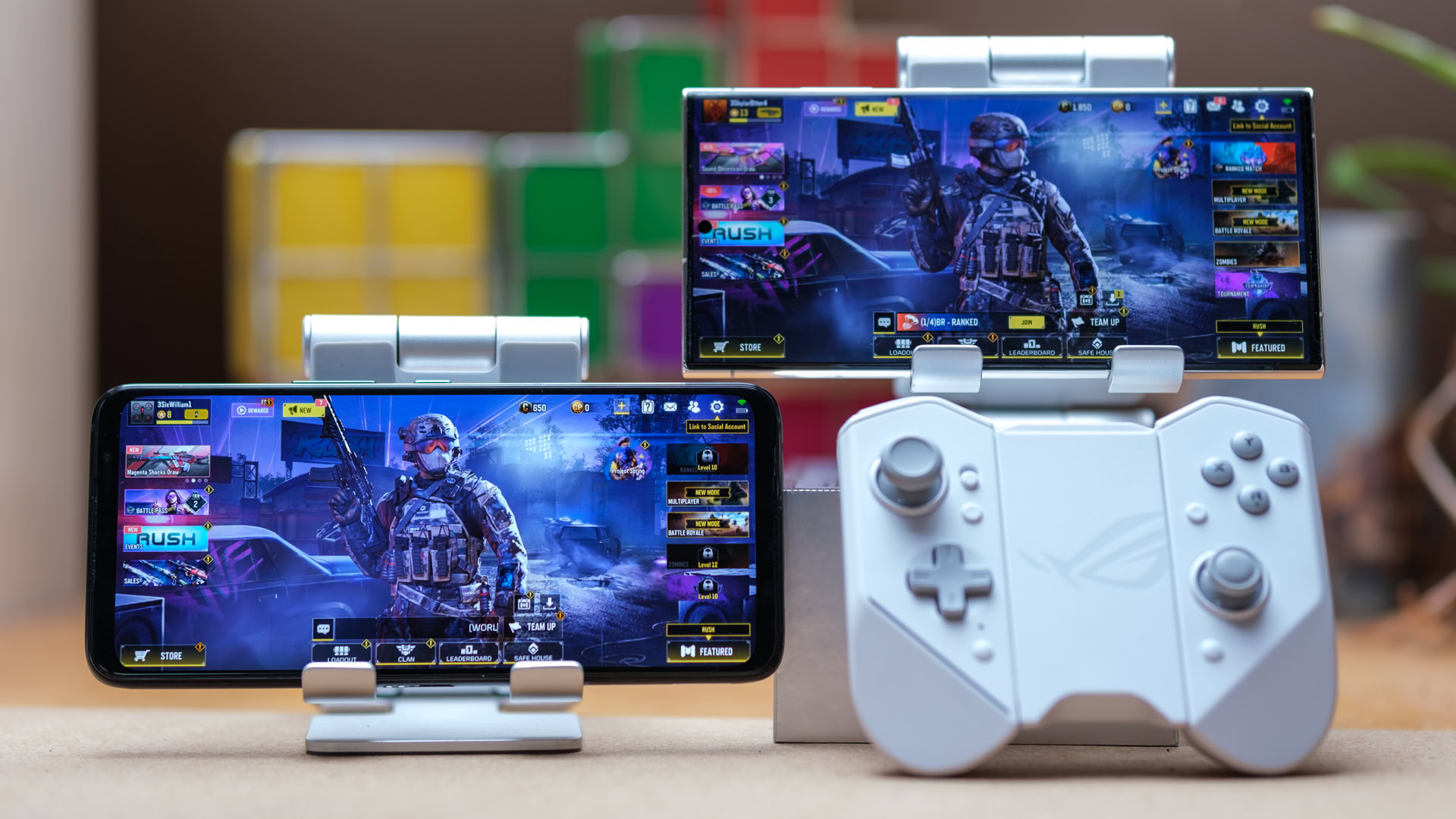
“It’s not like there’s a rebound, that high-priced premium offerings have a chance to get back,” Krach said. “Just look at the controversy surrounding Super Mario Run: people went ballistic about it and basically they were offered what they always… [Krach shifts tone of voice slightly] ‘just give me a demo and I’m willing to pay.’ And the brutal news is, I think, that people are… I don’t know… maybe they’re not honest with themselves.”
The situation Krach refers to is the $9.99 price tag that Super Mario Run carries for those who wish to play beyond its first three levels. The game found itself with a 2.5-star rating in the App store soon after launch, with its payment structure being one of the major complaints.
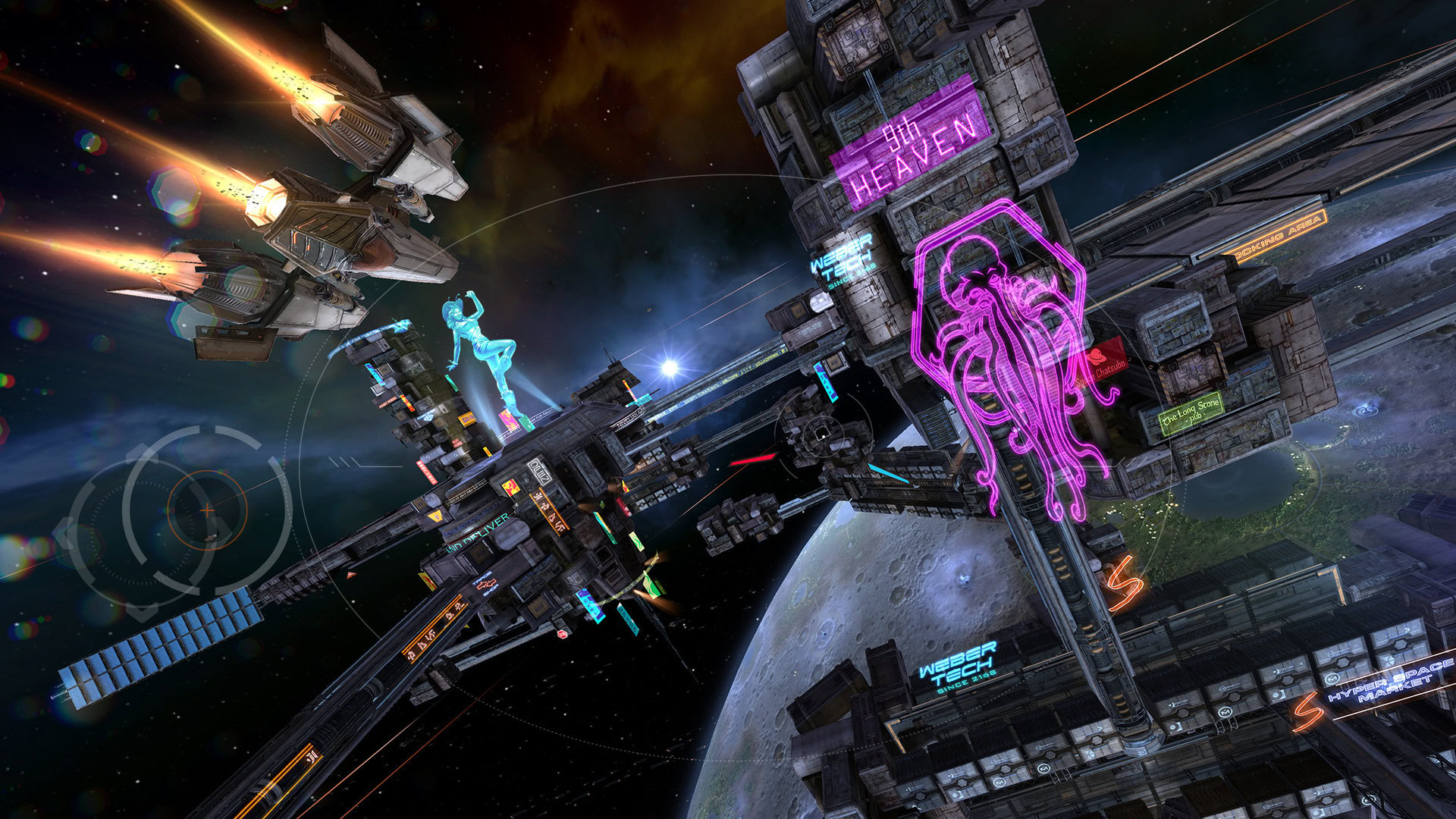
Krach says he has released numerous free-to-play and premium games even in the last year and seen that, if you have an initial payment, people pass because there is already so much other content available.
I argued that these free-to-play games often feel like you’re only getting a portion of the experience without paying, and Krach assured me that DS FishLabs was aware of this. In a previous version of Galaxy on Fire 3, there was a focus on things like stamina meters, ammunition, ship wear and tear, stuff that DS FishLabs chose not to include in the game following feedback in early tests. “It’s a very softly monetized title… if this is even an expression,” Krach said.
The title will include in-app purchases for the in-game currency and additional content, while upgrade timers — where you must wait for a ship upgrade or pay for it to be sped up — are also in place. The wait for these upgrades doesn’t prevent you playing, however, as they happen in the background. Krach even claims that this delayed gratification can be a “rewarding, uplifting moment.”
It’s a very softly monetized title.
“When you get back tomorrow, there’s something shiny for you to pick up,” he said. “When it’s something you’ve triggered, and you can go in [and see] my order is here, how fantastic is that?”
I’m not sure that is really representative of the consumer view of such systems — my usual feeling is: Why do I have to wait or pay to speed up the production of ‘X’ when it’s not even a physical product? This is ridiculous! (I don’t know the specifics of the timer mechanics Krach refers to, though, so I’ll reserve judgement for now.)
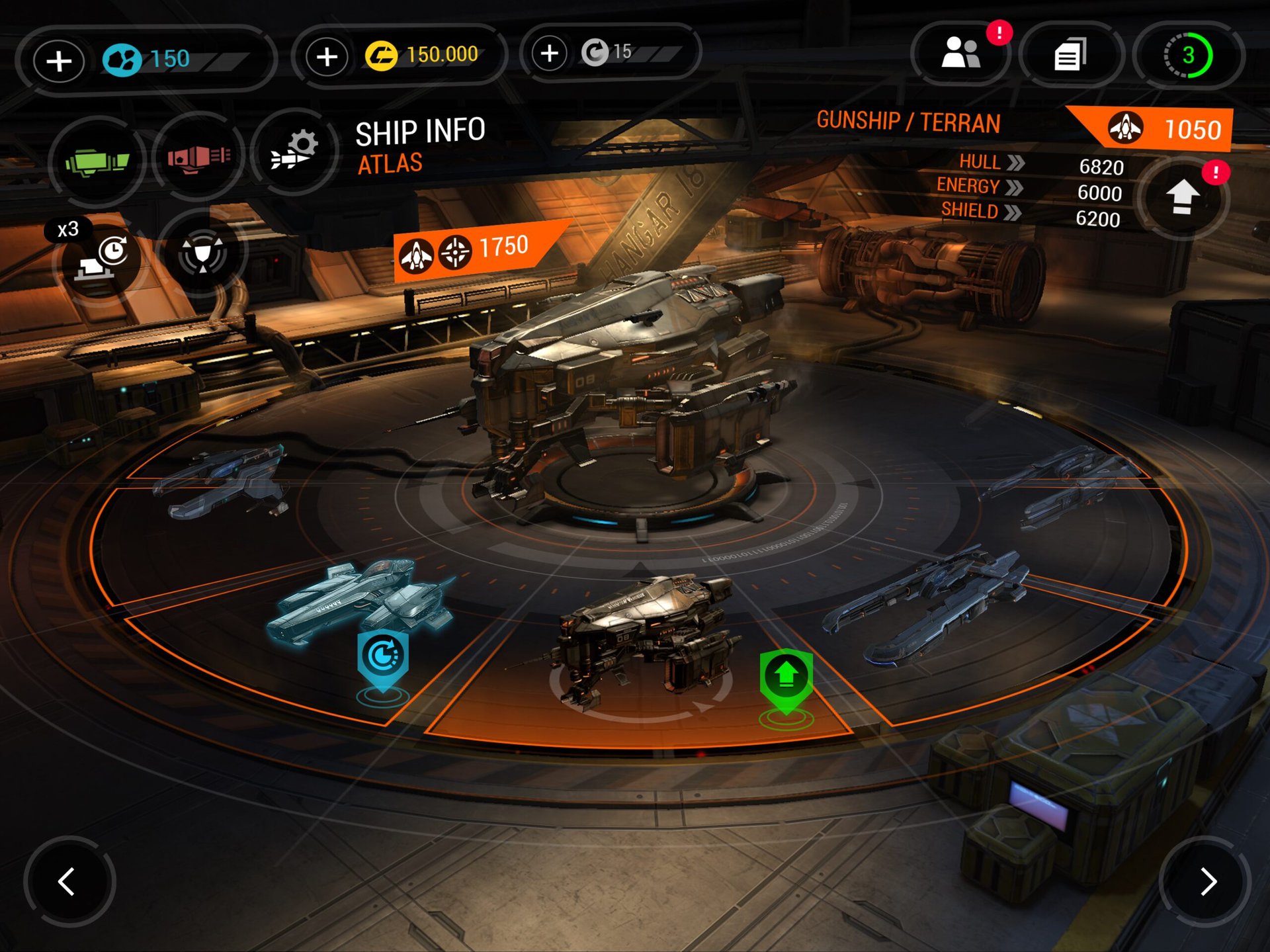
Regardless, Krach told me that premium games generally don’t sell, and those with unfair monetization methods don’t succeed either. In the end, he said, developers have to make sure that people know the quality is there and then hope they “see value in it and want to invest.”
Final thoughts
Personally, I like the idea of developers trying to offer a deeper experience than the endless levels of other free to play Android titles. The large scale nature, the dogfights in space, the graphical fidelity, voice recording: Galaxy on Fire 3 is, if nothing else, an exciting prospect. But as Krach might agree, you could say the same about many other titles too.
Regarding the competition, Krach said: “It’s not even funny anymore, there are so many good games […] every week new ones are coming.”
Galaxy on Fire 3 – Manticore has much to do if it wants to take them on.
Krach wouldn’t be drawn on an exact launch date for the Android version of GoF3, though he said it would be coming “very, very soon.” You can pre-register to find out the moment it hits the store via the link below.